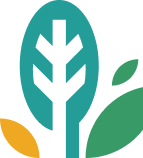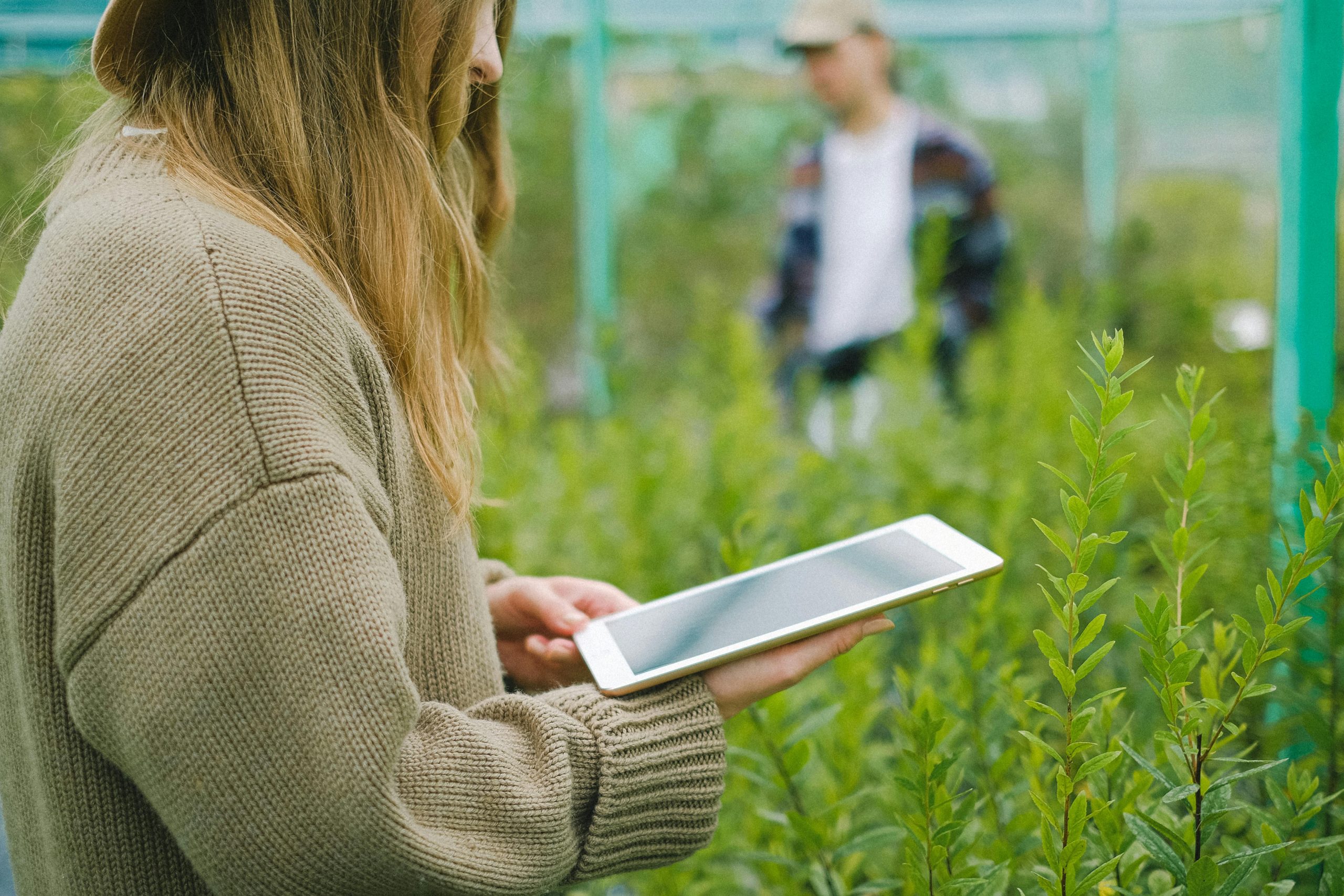


The Smart Skills project began with in-depth research to understand the challenges and opportunities shaping digital transformation in European agriculture. This literature review synthesises findings across six key areas essential for equipping educators, learners, and rural professionals with the knowledge and tools needed for a sustainable future.
This research underpins the design of our Good Practice Guide and SMART SKILLS Modules and ensures our training resources are grounded in real-world evidence and European policy priorities.
Our review focused on six interconnected themes:




This review shaped the content and direction of our SMART KIT—including our Good Practice Guide and the digital learning modules. It ensures the Smart Skills platform is informed by real-world needs and global trends. Whether you’re a farmer, educator, or policy maker, these insights help you better understand the future of agriculture—and how to prepare for it.